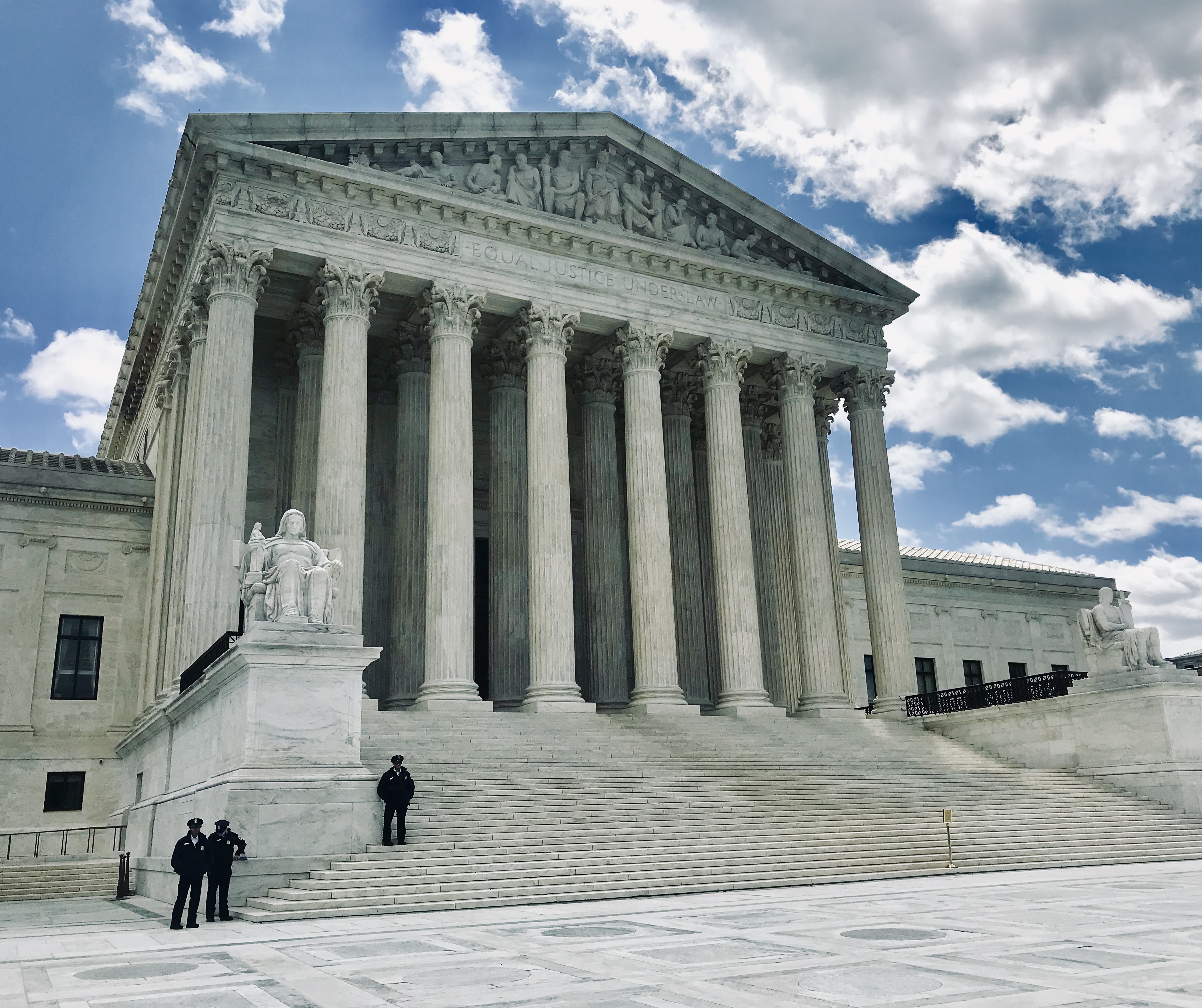With apologies to [Chief Justice John] Roberts, we expect the justices nowadays to mirror the polarization of our political branches, and that the court does comprise Obama judges and Trump judges, Bush judges and Clinton judges.
It’s problematic, though, from a moral leadership perspective, that they’re also stock-owning judges and faculty judges, partisan-event judges or junket judges.
Sure, there won’t be any more David Souters: none of today’s justices is a candidate to consistently switch sides of the partisan divide. But what the nine can and should do is come together and switch their deficient views on how an ethical, life-tenured federal official ought to act.
"The Nine Justices Shouldn't Abide by Nine Sets of Rules"
 In an op-ed running today in the National Law Journal, Fix the Court’s Gabe Roth argues that although “some polarization [at SCOTUS] can be justified,” it’s quite awkward how the justices “lack agreement [on] how they comport themselves as purportedly unprejudiced public officials.”
In an op-ed running today in the National Law Journal, Fix the Court’s Gabe Roth argues that although “some polarization [at SCOTUS] can be justified,” it’s quite awkward how the justices “lack agreement [on] how they comport themselves as purportedly unprejudiced public officials.”
In other words, though the public expects a spate of 5-4 decisions, it also expects the court to speak with one voice in terms of how the nine see their ethical obligations as dispassionate jurists. And yet we’ve found differences among them in how they invest, whether they recuse, whom they speak to and travel with and whether they talk politics in public.
Roth concludes: